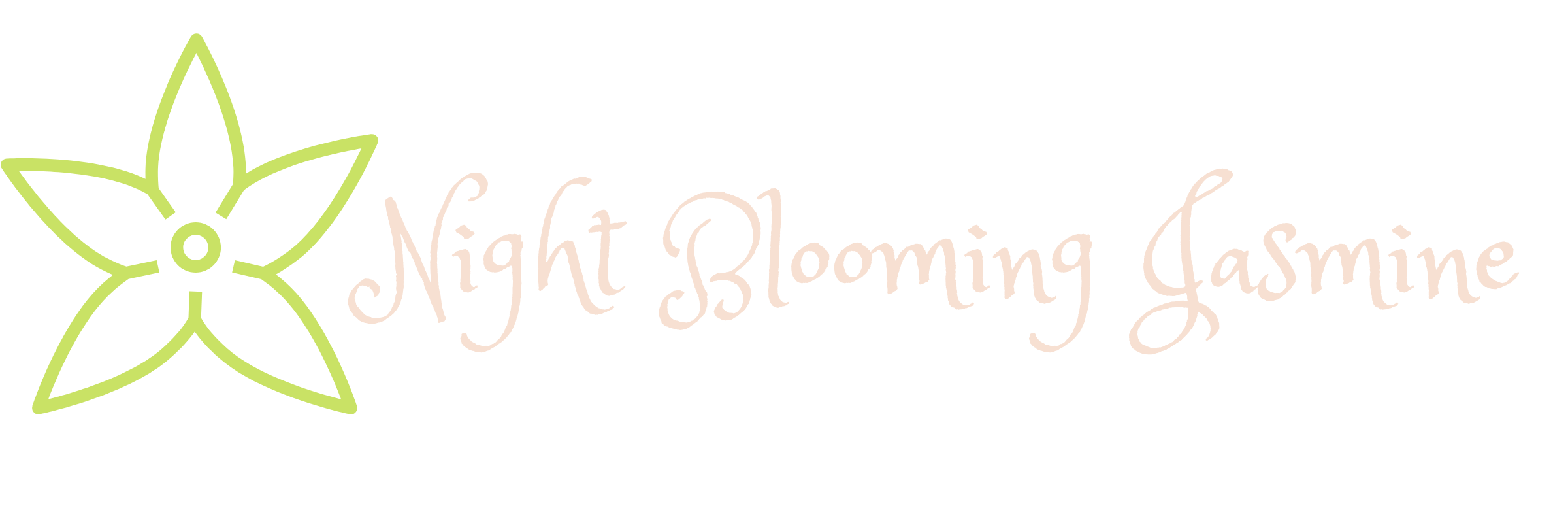I went to Proverbs when I was a young believer, because it is the book about wisdom, and my life was riddled with failures. I wanted all the wisdom God could give me.
I meditated on the book for many years, and eventually one thought became crystal clear! Wisdom is not a subject that can be mastered. Wisdom is a person.
We live a life marked by wisdom, when we make Wisdom our “kinswoman” and we listen to everything she says and trust her instructions moment by moment.
In fact I was shocked to find that the whole of the Gospel, of human history, is right there in Proverbs.
In Proverbs 7 is a story of a Father, warning His Son. He had looked out the window and saw young people in the streets who were foolish, and making dangerous mistakes, and so He calls His Son to Him and warns Him of the dangers of their choices, then in the last line of this song, the Father addresses His sons, plural. It is a subtle thing, but something has happened between the instructions and the conclusions of the song that has brought others into this loving and protective relationship with the Father.
One can imagine that the Son heard the words of the Father, and fearing for His friends, ran out into the street and called them inside to be safe in the House with His Father. No longer, orphans living in the streets, the prey of wickedness and death.
The whole of the gospel is portrayed right there in chapter 7, but if you zoom out a little you see that Proverbs explains all of human history too.
Proverbs works a little like a frame narrative. If it’s been awhile since your high school English class, a frame narrative is a literary device where a larger story wraps around and sometimes through an anthology giving unity to the stories in the collection.
Proverbs Chapters 1-9, and 30-31 create a frame around this idea that Father, Son and Spirit (called Wisdom) have been at work in the lives of men from the beginning. The Father teaching, the Son listening and obeying, and Wisdom working to bring it all about. They are a family. They dwell together in a House that is stable and prosperous.
When children come into the house the Father instructs them to obey Wisdom. She is the Mistress of the house. She gives work to each member of the household and she prepares food for each one. There is order, and fellowship for those in Her care.
Chapters 10-29 are the anthology. Not of stories as in other frame narratives, but of proverbs. They are little golden tidbits of Wisdom. It is like we are children following our Mother around all day, and at random intervals throughout our lives She drops a word, a joke, an instruction that takes root in our brain and becomes one of a million beautiful memories of Her presence in our lives. I picture it like gleaning. She is working. We are following, and gathering up the little grains of life giving wheat that she lets fall at our feet. We pick them up and squeal with delight, and She smiles at her beautiful children and goes on with her work.
If Chapters 1-9 are the burlap sack, and 10-29 are all the grains we’ve gathered throughout a life of living in Her House and walking in Her footsteps, then Chapters 30-31 are the drawstring that binds up the sack and helps us put it all together! They close the frame around the narrative.
These two Chapters speak of Wisdom. Of the day we finally see that Wisdom is not a subject we master, but a Person. A Person who means everything!

